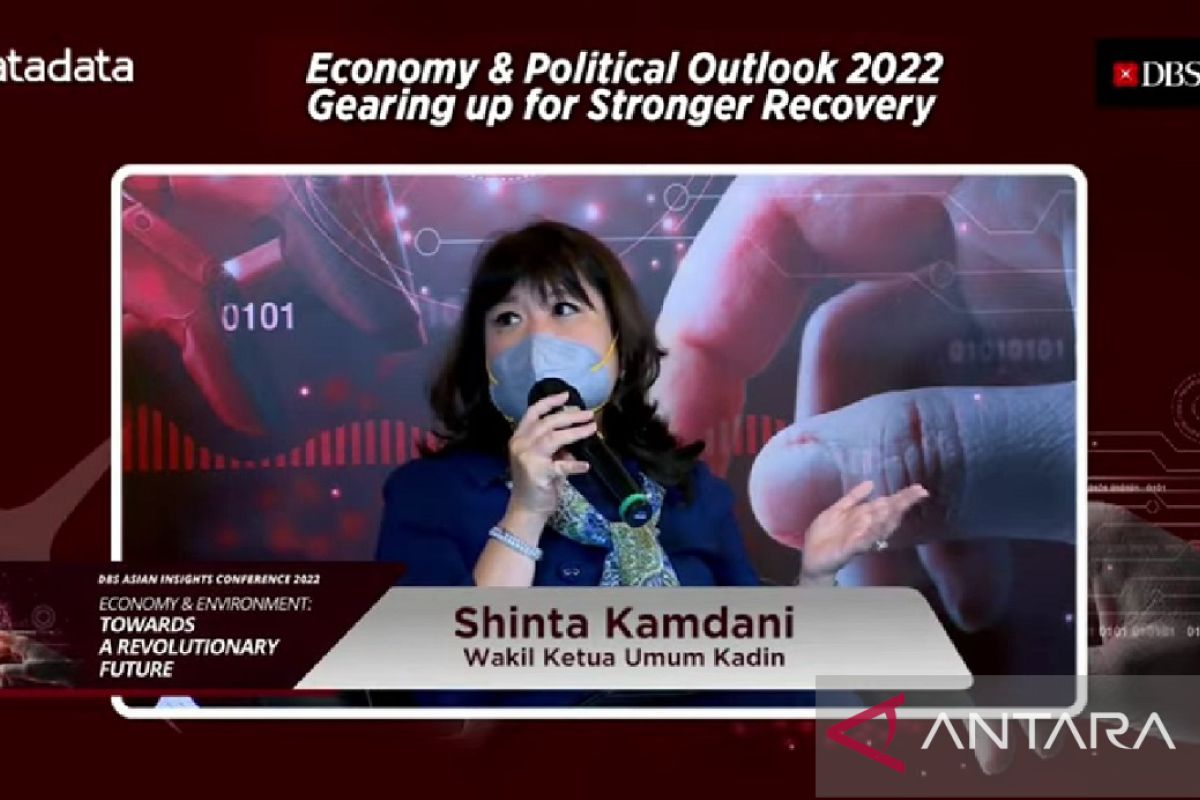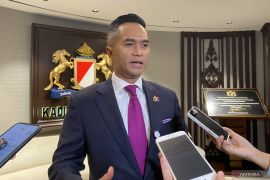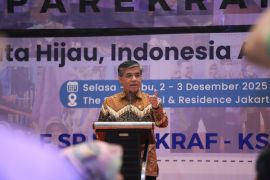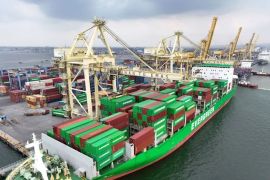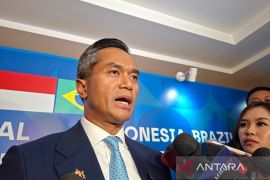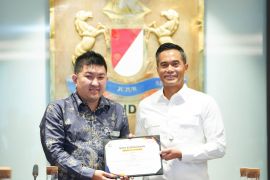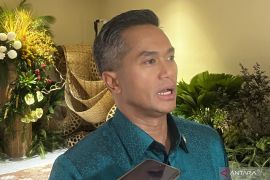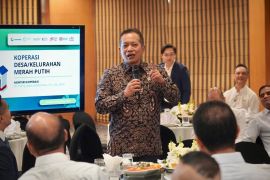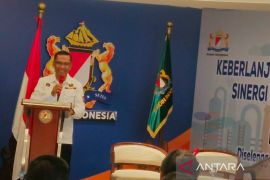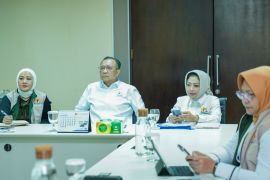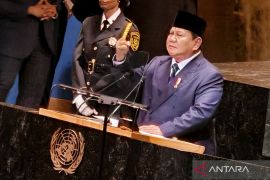The global transition towards new and renewable energy, zero emissions, and digitalization is targeted to be achieved no later than 2060. The Indonesian government has determined that by 2025, the utilization of new and renewable energy will reach 23 percent for electricity generation.
Deputy Chairperson of Kadin for International Relations Shinta Widjaja Kamdani, in a written statement here on Tuesday, stated that the Carbon Market Hub is one of at least two initiatives targeted by B20 during Indonesia's G20 Presidency.
"This is done at least with two initiatives, specifically the formation of the Carbon Market Hub in Indonesia and the blended finance initiative for the green energy transition. We are working on these in B20 to become a legacy outcome," she affirmed.
Kamdani, who concurrently serves as the chair of B20, explained that Kadin supports the national biofuel program and the development of Electric Vehicles (EV) for the green energy partnership in the transportation sector.
These programs will be supplemented by other efforts, such as cooperation in funding the growth of the renewable energy mix in Indonesia. In addition, the phasing out of fossil power plants will be conducted in stages.
To this end, Kadin is also ready to prepare campaigns and seek partners from G20 member countries.
The Kadin deputy chairperson stressed that collaboration among business actors globally is essential to support the energy transition process.
"In Business 20 (B20) Indonesia, in particular, we encourage stronger collaboration between developed and developing countries in terms of funding, technology, and manpower cooperation either through investment, trade, exchange, and others," she remarked.
For the implementation of energy transition in Indonesia, Kamdani expressed optimism that it would continue to receive support in the form of consistent, targeted, and proportional policies.
The support would not only affect the provision of business incentives, increase efficiency, or facilitate the investment climate in the renewable energy sector but would also affect the policy of subsidies and national fossil energy consumption, which must be gradually reduced or shifted to renewable energy.
Related news: G20 Presidency opportunity to expedite nation's energy transition
Related news: Indonesia encourages comprehensive energy transition: Ministry
Translator: Ade Irma, Raka Adji
Editor: Suharto
Copyright © ANTARA 2022
